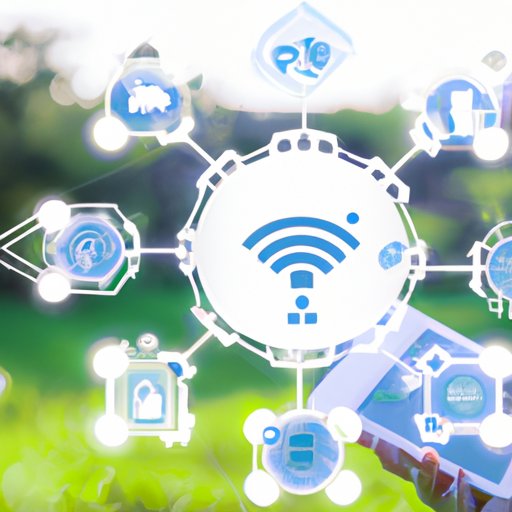Introduction
Technology is defined as “the application of scientific knowledge for practical purposes” (Oxford English Dictionary). In the last few decades, technology has changed the world in ways that no one could have ever imagined. From the simple invention of the wheel to the development of artificial intelligence, technology has reshaped every aspect of life.
How the Internet Revolutionized Communication
The emergence of the internet has changed the way people communicate and access information. According to a study by the Pew Research Center, 72% of adults in the United States use the internet, with 87% of those users accessing the internet through mobile devices (Pew Research Center, 2019). The internet has increased the accessibility of information, allowing people to find answers to their questions quickly and easily. It has also improved the speed and quality of communication, enabling people to stay connected with friends and family around the globe.
The internet has also given rise to new forms of communication, such as text messaging and video conferencing. These technologies allow people to interact in real-time without having to be physically present. As a result, businesses and individuals are able to collaborate more efficiently and effectively.
The Rise of Smartphones and Social Media
The proliferation of mobile devices has drastically changed the way people communicate and access information. According to a survey conducted by Statista, there were over 3.5 billion smartphone users worldwide in 2019 (Statista, 2020). Smartphones have become an integral part of our lives, providing us with instant access to news, entertainment, and communication tools such as social media.
Social media has had a profound impact on both business and personal relationships. It has enabled companies to connect with customers in a more direct and personal way, while also giving individuals the opportunity to share their thoughts and experiences with a larger audience. Social media has also made it easier to stay in touch with friends and family, even if they are far away.
In addition to communication, smartphones and social media have also provided people with increased access to entertainment and other online services. People can now watch movies, listen to music, and play games on their phones, making it easier than ever before to stay entertained.
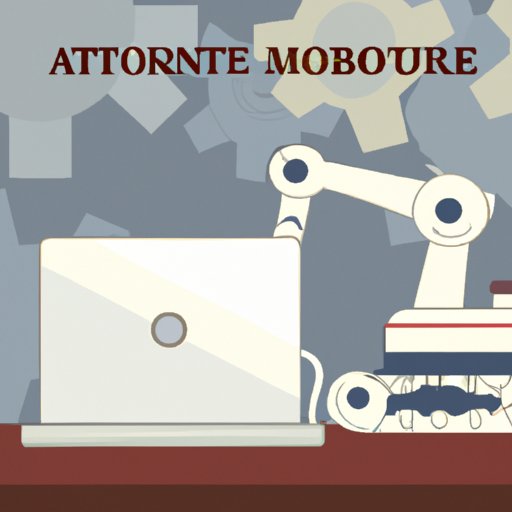
Automation: How Technology Changed the Workplace
The introduction of automation technologies has had a significant impact on the workplace. Automation has allowed businesses to increase efficiency and reduce costs by automating mundane tasks such as data entry and customer service. The automation of physical labor has also enabled companies to produce goods faster and cheaper, while also reducing the need for manual labor.
Automation has also changed the nature of knowledge work. Through the use of artificial intelligence and machine learning, businesses are now able to automate complex tasks such as data analysis, customer segmentation, and predictive analytics. This has allowed companies to make better decisions faster, resulting in increased productivity and profitability.
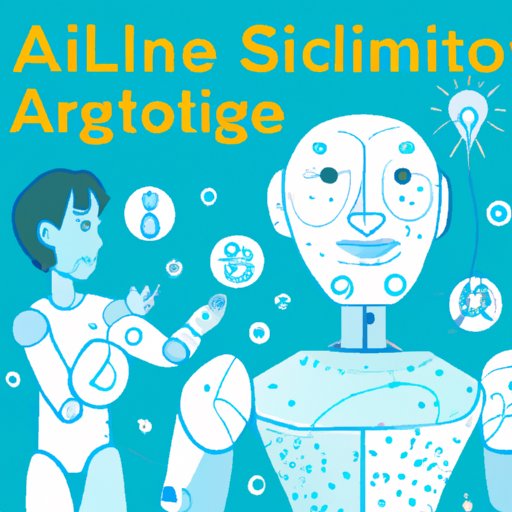
How AI is Transforming Education
Artificial intelligence (AI) is revolutionizing the way we learn. AI is being used to automate administrative tasks such as grading and course registration, freeing up teachers to focus on more important aspects of teaching. AI is also being used to develop virtual reality and augmented reality experiences that can be used to engage students and make learning more interactive.
AI-driven assessment tools are also being used to provide personalized learning experiences for students. By analyzing student performance data, these tools can identify areas where students need additional help and provide personalized instruction to help them succeed.
Impact of Technology on Healthcare
Technology is transforming the healthcare industry in many ways. Telemedicine and remote monitoring technologies are enabling doctors to provide care to patients without requiring them to travel to a hospital or clinic. This has improved access to healthcare services, especially in rural areas where access to healthcare is limited.
Technology has also improved the accuracy and speed of diagnosis. With the help of AI-driven medical imaging systems, doctors can detect diseases earlier and more accurately, improving patient outcomes. In addition, electronic health records have made it easier for healthcare providers to store and access patient data, resulting in better coordination of care.
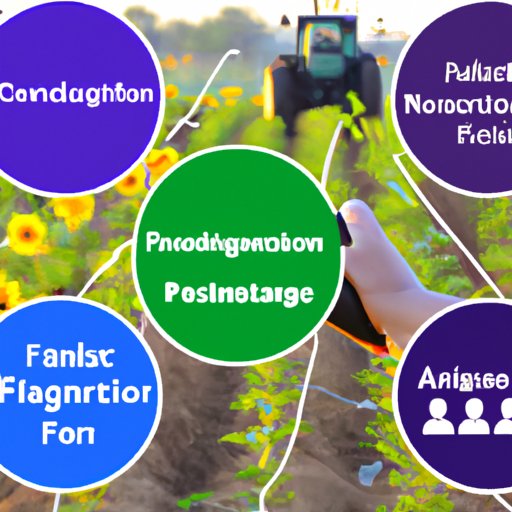
Benefits of Technology in Agriculture
Technology has also had a major impact on the agricultural industry. Automation technologies such as drones and robots have enabled farmers to automate tedious processes such as planting and harvesting, resulting in increased efficiency and reduced costs. Precision agriculture has also made it possible to monitor soil conditions and crop yields more closely, resulting in higher yields.
In addition, technology has improved the efficiency of food production and distribution. Through the use of GPS tracking and automated warehouse systems, food can be transported more quickly and safely, reducing waste and ensuring a steady supply of fresh food to consumers.
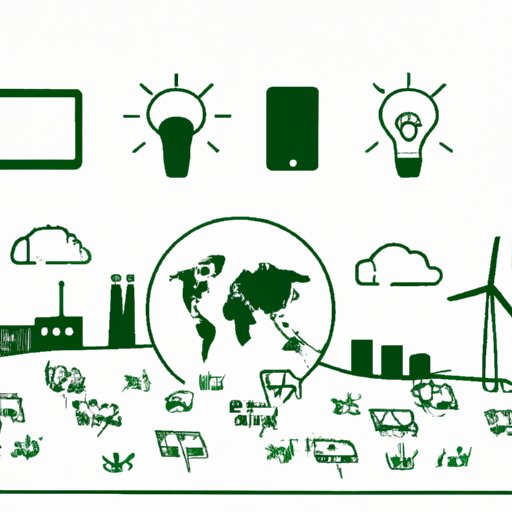
The Role of Technology in Sustainable Development
Finally, technology can also be used to promote sustainable development. Technologies such as renewable energy and smart city infrastructure can reduce resource consumption and emissions, helping to protect the environment. In addition, advances in technology can improve access to clean energy, providing communities with reliable and affordable sources of power.
Conclusion
In summary, technology has revolutionized communication, transformed the workplace, and impacted healthcare, agriculture, and sustainable development. From the internet to artificial intelligence, technology has enabled us to do things that were once impossible. As technology continues to evolve, it will enable us to create a better future for all.
(Note: Is this article not meeting your expectations? Do you have knowledge or insights to share? Unlock new opportunities and expand your reach by joining our authors team. Click Registration to join us and share your expertise with our readers.)
